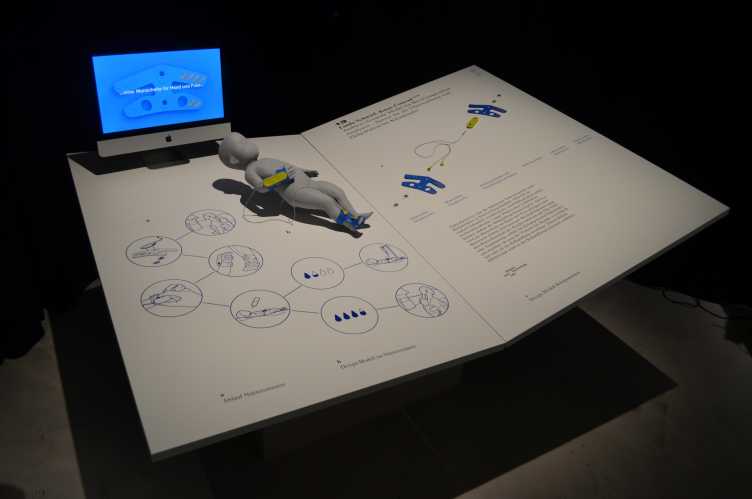E4D Fellow: Kanika Sagar Dheman
AMBICA: Point-of-care Management of Paediatric Dehydration in Low Resource Settings

Project duration: 2017 - 2020
Supervisor at ETH Zurich
Professor Walter Karlen, Mobile Health Systems lab (MHSL)
Collaborators
Professor Dawie van den Heever, Stellenbosch University, in South Africa
Prof. Ian Couper (Faculty of Medicine), Ukwanda Centre for Rural Health, South Africa.
Partner institutions
external pageBiomedical Engineering Research Groupcall_made (BERG), Stellenbosch University, South Africa
external pageUkwanda Centre for Rural Healthcall_made, Stellenbosch University, South Africa.
Project description

Dehydration due to disease such as diarrhoea is a major cause of death infants of low and middle-income countries. Many of these deaths are preventable with timely management and treatment of the disease. Low health literacy of caregivers and high patient loads at primary care centres limit early diagnosis and timely fluid management. Current assessment procedures lack the necessary specificity to follow accurately the treatment response. A low-cost, easy to use tool that could objectively assess dehydration and its change over time would significantly improve dehydration management in low resource settings.
We are developing a sensor based mobile health (mHealth) dehydration management framework for appropriate triage, referral, and monitoring of dehydration in infants and young children at community and health centres. We integrate a bioelectric impedance sensor into a wearable, specifically adapted for infants. The benefit of this technology is that it can perform a continuous measurement of fluid status during rehydration therapies and display trend changes.
The planned mHealth dehydration management framework - AMBICA (Accurate Model for Bio-Composition Analysis), will be integrated and inclusive: it is targeted towards reducing the work burden of health workers during high patient load, thereby facilitating better management and accurate monitoring. It will provide adapted educational and screening support for families. Connectivity between sensors and an analytics platform will be available to health administrators and managers. This will enable epidemiological research and big data analytics, directly improving the monitoring system and providing real time information about dehydration morbidity.
Our partners for developing and validating AMBICA are the external pageBiomedical Engineering Research Groupcall_made (BERG) and the Ukwanda Centre for Rural Health of Stellenbosch University in South Africa. Together we will test the effectiveness of the system at Tygerberg University hospital and in the rural areas of the Western Cape province of South Africa, where primary health care centres experience high patient loads and are regularly challenged with the burden of dehydration in the hot summer months.
